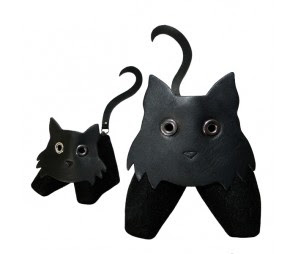 There was a report out this week that stated that just 8% of the British Olympic merchandise is actually going to be manufactured in Britain. Although most of the companies allocated the contracts are British, they are mostly outsourcing their production overseas.
There was a report out this week that stated that just 8% of the British Olympic merchandise is actually going to be manufactured in Britain. Although most of the companies allocated the contracts are British, they are mostly outsourcing their production overseas. Isn't it a staggering oversight that our British government, along with 50 British business delegates, recently travelled all the way to China to promote British products, yet then failed to ensure that British made products were available in Britain at one of the biggest events on the world stage for a generation?!! A golden opportunity like the Olympics comes along and somehow they manage to flood it with non-British made, mass produced goods for sale?!! How crass is that?
Yes, I know its all about big business and they need to make money, but don't the government keep going on about how they want to support entrepreneurs and small businesses and promote British products? Isn't it time they did something about it?
I will be writing to my MP to ascertain whether there will be any opportunity for designer makers of British made goods to sell their wares and if not, why not. Here on this page are a few gorgeous items made by British designers in Britain. If we can't take advantage of promoting British talent at this fantastic opportunity, when can we?























